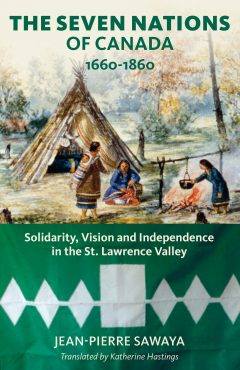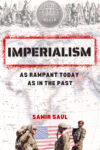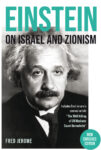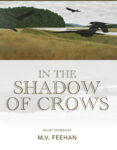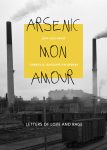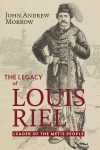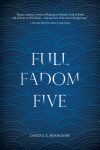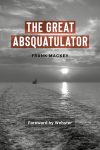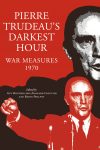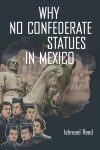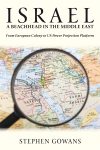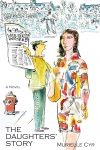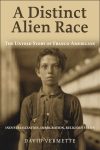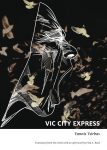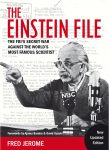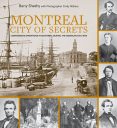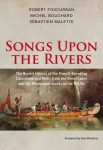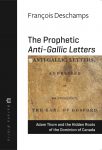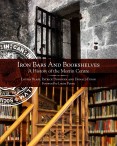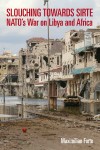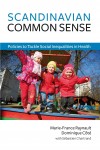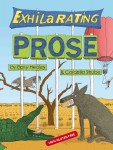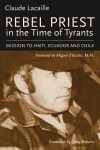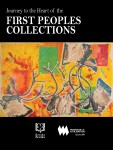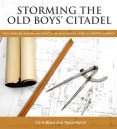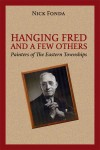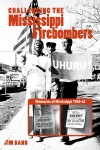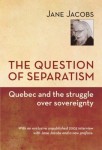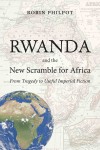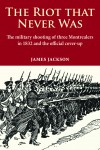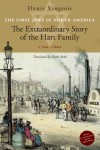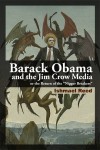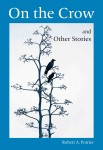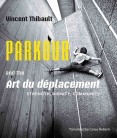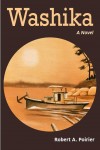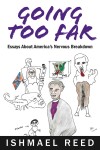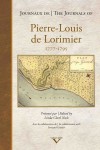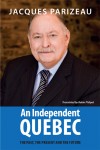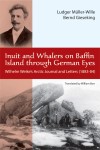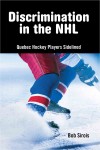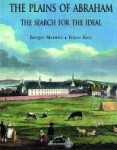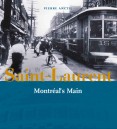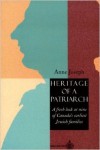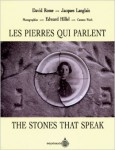Description
NOVEMBER 2023.
Wendake, Odanak, Wôlinak, Pointe-du-Lac, Kahnawake, Kanesatake, Akwesasne, Kitigan Zibi are communities located all along the St. Lawrence River valley and its tributaries and are known as the Seven Nations of Canada. They have been home to descendants of the Huron-Wendat, Algonquin, Nipissing, and Iroquois nations. These First Nations have in common the fact that their ancestors were allies of the French and had converted to Christianity.
Historians have ignored these nations described as “domiciled Indians” (“sauvages domiciliés”) by the French administrators. Jean-Pierre Sawaya carefully studied how an alliance of such diverse “missions” was created, developed and conducted to become The Seven Nations of Canada.
How did this confederation come about? Who took part and what were their roles? The answers are mined in the massive colonial archives. Seven Fires is original research at its best, combining detailed analysis and systematic investigation, that has enabled the author to dispel the tenacious colonial myth about irrational, submissive, and fatalistic Indigenous peoples. Readers will discover forward-looking people motivated by a deep desire for independence and solidarity.
Jean-Pierre Sawaya holds a PhD in History from Université Laval. As a History and Heritage Consultant, he is particularly interested in the political history and diplomatic traditions of the Indigenous peoples of Québec. His other books include Droits et pièges d’un heritage colonial au Québec with Denys Delâge. He is now working on the history of the RCMP with Indigenous people. He lives in Quebec City.
Katherine Hastings has worked as a Quebec-based translator and copyeditor since 1995. She has translated or co-translated three novels. She has also translated history books including Montreal and the Bomb by Gilles Sabourin and The Plains of Abraham, Battlefield 1759-1760. She lives near Quebec City.
Patricia Culliford is an Anishinabe member of the Seven Nations Confederacy. She is a historical researcher whose focus is on the uses of wampum belts in Indigenous/settler relations. She has reached out to Baraka Books to request this translation in order to fulfill a promise made to Chief Mike Thomas.
Reviews
“This is a very interesting and wonderfully researched historical monograph. The translation is also very well undertaken, conveying the original French meanings and representations well. It is a historical work that details the origins, processes, rituals, language, and processes of the Seven Nations. I would highly recommend that students and academics, as well as anyone interested in Indigenous confederacies, diplomacy, rituals, language of diplomacy, and early relationships read this work.” Karl Hele, ANISHINABEK NEWS, Jan. 2024
“Sawaya has helped preserve and communicate this almost lost and certainly discounted history of the St. Lawrence Valley peoples that underlies the whole story of Eastern North America.” Sandra Stock, Quebec Heritage News, Feb. 2024
“The author’s rigorous analysis, knowledge of Indigenous political culture combined with a sensitivity about sources enabled him to bring out the implicit information and contextualize the content of the historical documents. The book contributes above all to uncovering the history the often-overlooked Federation of the Seven Nations.” Sylvie Savoie, The Canadian Historical Review
“[A] solid and convincing history … After a long dormant period, historians have rediscovered the Federation of the Seven Nations of the St. Lawrence Valley. Jean-Pierre Sawaya’s study fits into a new and dynamic historiography. … he took on a complex job and carried it out brilliantly.” Christian Ruel, Recherches amérindiennes au Québec.
“Sawaya has mined official reports for information on the election of chiefs, the ceremonies at council sessions, and the significance of kinship terminology in speeches.” John A. Dickinson, American Historical Review
“A well-documented book that keeps the reader’s attention for three hours. Sawaya’s writing is efficient, well structured, and fully supported by archival sources.” Normand Clermont, Revue d’histoire de l’Amérique française.
Visited 3933 times , 6 Visits today

